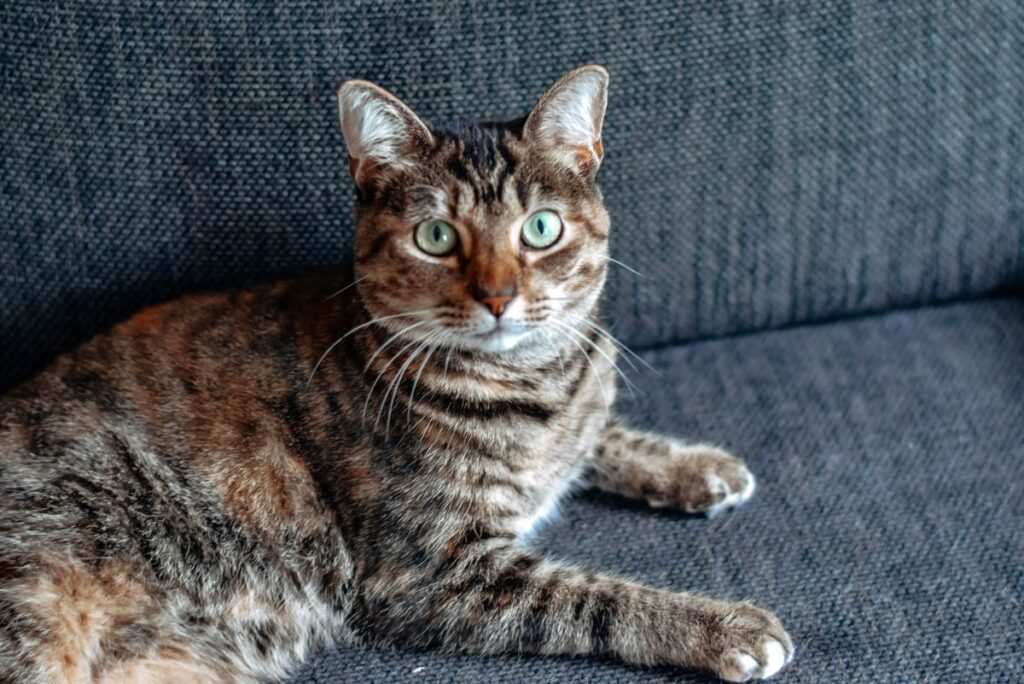A new study has found that owning a cat could potentially DOUBLE your risk of developing schizophrenia. That’s right, your beloved feline companion may be putting your mental health at risk.
Researchers from the University of Queensland in Australia conducted a comprehensive review, looking at 17 different studies from 11 countries, including the United States and United Kingdom, over the past 44 years. And the results are quite concerning.
The researchers found that people who were exposed to cats before the age of 25 were around TWICE as likely to develop schizophrenia or other schizophrenia-related disorders. Lead author Dr. John McGrath stated, “We found an association between broadly defined cat ownership and increased odds of developing schizophrenia-related disorders.”

But what’s causing this link? Well, back in 1995, a paper proposed that some cases of schizophrenia may be caused by viruses that come from house cats, through a parasite called Toxoplasma gondii. This parasite can enter the body through a cat bite and then make its way into the central nervous system. Once there, it can affect neurotransmitters in the brain, leading to personality changes, psychotic symptoms, and psychiatric disorders like schizophrenia.
Of course, the authors noted that further research is still needed to confirm this potential relationship. Not all studies have found the same association. And the latest meta-analysis, which combined the results of multiple studies, acknowledged that the findings across the studies were inconsistent.
Importantly, 15 out of the 17 studies used a case-control design, which means they can’t definitively establish cause and effect. There may be other external factors at play that weren’t accounted for.
For example, one U.S. study of 354 students found no link between cat ownership and scores on a schizotypy scale, which helps diagnose schizophrenia. However, they did find that those who had been bitten by a cat had higher scores on the scale.

So while this meta-analysis provides some concerning evidence, the researchers say more high-quality, large-scale studies are needed to truly understand if cat ownership is a risk factor for schizophrenia and related disorders. As they stated, “There is a need for more high-quality studies, based on large, representative samples to better understand cat ownership as a candidate risk-modifying factor for mental disorders.”
In the meantime, pet owners, you may want to discuss these findings with your doctor, just to be on the safe side. And remember, your cat’s companionship and the joy they bring still vastly outweigh any potential risks. But it’s always good to be aware of the latest research, no matter how unsettling it may be.




